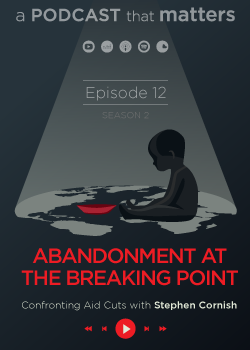Print

Digital Wellness Guardians (DiWeGa)
Details
Locations:Belgium, Egypt, Greece, Jordan, Tunisia
Start Date:Feb 1, 2025
End Date:Jan 31, 2028
Contract value: EUR 318,908
Sectors: Information & Communication Technology, Training, Youth
Categories:Grants
Funding Agencies:
Date posted:Jun 12, 2025
Description
Programme(s): Erasmus+ (ERASMUS+)
Topic(s): ERASMUS-EDU-2024-VIRT-EXCH
Type of action: ERASMUS Lump Sum Grants
Project ID: 101193157
Objective: Digital Wellness Guardians (DiWeGa) is a Virtual Exchange project designed to empower and educate 1,800 youth learners and 30 Youth Workers on Digital Wellness using a non-formal educational methodology. The project addresses the impact of mental and physical health challenges arising from digital interactions on social media platforms (e.g., Instagram, Facebook, TikTok) and gaming platforms (e.g., Fortnite, Roblox), among others. It focuses on identifying these challenges and raising awareness for the affected individuals, their friends, families, and the wider community. These issues have been highlighted during the Fourth Industrial Revolution and were exacerbated by the COVID-19 pandemic. The Digital Wellness Guardians initiative marks the beginning of a much-needed solution to the myriad problems stemming from the digital interactions of youth and beyond. The project comprises online people-to-people activities that enhance intercultural dialogue and develop soft skills through seven virtual exchanges involving Erasmus programme countries and third countries not associated with the Programme. The consortium includes six participants from five countries: Greece, Belgium, Egypt, Tunisia, and Jordan. The project is structured in two phases. The first phase aims to educate 30 Youth Workers through one synchronous virtual exchange and several asynchronous interactions, who will then facilitate the learners' virtual exchange activities. The second phase involves creating six virtual exchanges for learners aged 18-30. These exchanges are designed to increase tolerance through online interactions, leveraging digital and youthfriendly technologies.

